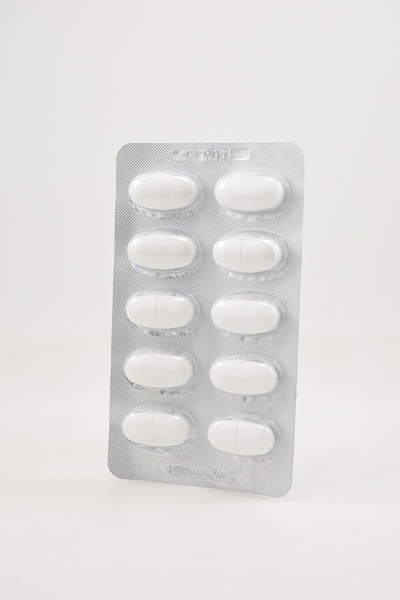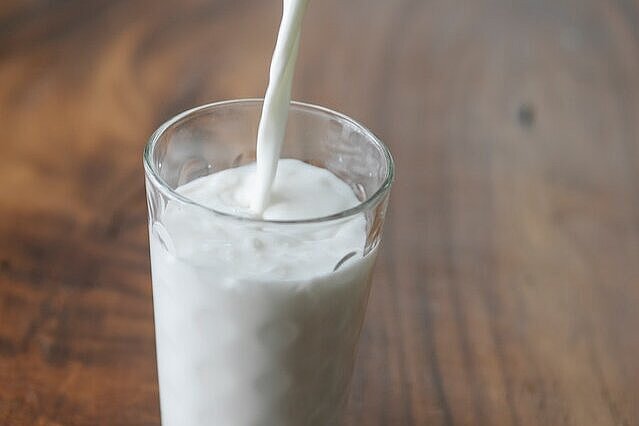Calcium carbonate

How much calcium carbonate does my dog need?
The daily requirement of pure calcium varies depending on the body weight and age of the animal. A puppy needs more calcium than an adult dog as it is still growing.
A dog weighing 10 kg, for example, needs about 500 mg of calcium per day, while a dog weighing 30 kg needs about 1000 mg of calcium per day.
However, the exact dosage should always be discussed with the vet to avoid over- or undersupply.
What are the benefits of calcium carbonate for dogs?
Calcium carbonate has several benefits for dogs, for example:
- It strengthens bones and teeth and prevents osteoporosis and dental problems.
- It supports heart, muscle and nerve function and promotes circulatory health.
- It helps with digestion and binds excess stomach acid, which can lead to heartburn or stomach ulcers.
- It can be used in dogs with kidney problems to reduce phosphate levels in the blood and prevent the formation of kidney stones.
What are the disadvantages of calcium carbonate for dogs?
Calcium carbonate also has some disadvantages for dogs, such as:
- It can lead to hypercalcemia, which is too high a level of calcium in the blood, if overdosed. This can cause symptoms such as vomiting, diarrhea, loss of appetite, weakness, cardiac arrhythmia or kidney failure.
- It can impair the absorption of other minerals such as iron, zinc or magnesium if administered at the same time. Therefore, an interval of at least two hours should be maintained between the administration of calcium carbonate and other minerals.
- It may cause side effects such as itching, skin rash or diarrhea in dogs with allergies or intolerances to dairy products or other sources of calcium carbonate.
Calcium carbonate is an important mineral for dogs that has many positive effects on their health. However, it should always be administered in the correct amount and after consultation with the vet to avoid possible risks. Calcium carbonate is contained in many foods, but can also be purchased as a feed additive. It is important to check the quality and origin of the product to ensure a good supply for the dog.
Properties 2
Are you looking for other ingredients with a specific property?
Just click on them to find more.
If you notice any signs of hypersensitivity or poisoning in your dog, you should see your vet immediately. We are not a substitute for a vet, but we try to be as accurate as possible. Every dog reacts differently and we recommend you get a second opinion or consult your vet if in doubt.
Stay healthy and take good care of your four-legged friend!😊
Similar to Calcium carbonate
Milk is a white liquid produced by mammals to feed their young. Milk contains many nutrients, such as protein, fat, carbohydrates, vitamins and minerals, which are important for growth and...
Cheese is a dairy product that coagulates through the addition of rennet or other enzymes. This produces a solid mass, the curd, and a liquid, the whey. The curd is further processed by pressing,...
Eggs are the fertilized or unfertilized egg cells of birds, usually chickens. They consist of a shell, an egg white and an egg yolk. Eggs contain many nutrients such as proteins, fats, vitamins and...
Nuts are the seeds or fruits of various plants, which usually have a hard shell. There are many different types of nuts, such as walnuts, hazelnuts, almonds, cashews, peanuts and pistachios. Nuts...



